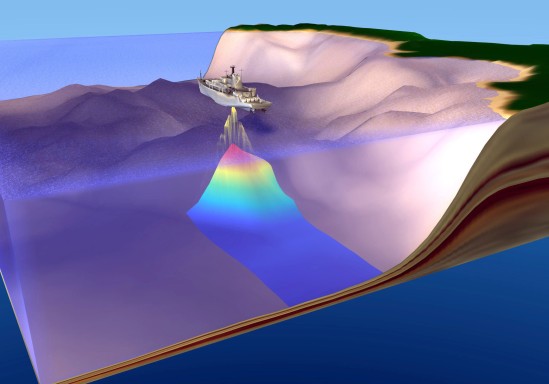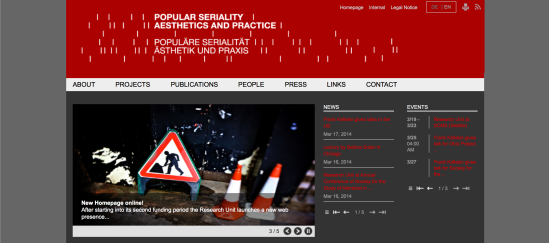I am very honored to have been invited to hold a keynote address at the Texas State University Philosophy Department’s annual philosophy symposium on April 4, 2014. Having studied as an undergraduate at Texas State (which back then was known as Southwest Texas State University, or SWT for short), this will be something of a homecoming for me, and I’m very excited about it!
In fact, one of the first talks I ever delivered was at the 1997 philosophy symposium — the very first year it was held. My talk back then, titled “Skepticism and the Cultural Critical Project,” sought to bridge the divide between, on the one hand, the analytical epistemology and philosophy of science that I was studying under the supervision of Prof. Peter Hutcheson and, on the other hand, the Continental-inspired literary and cultural theory to which I was being exposed by a young assistant professor of English, Mark B. N. Hansen (before he went off to Princeton, then University of Chicago, and now Duke University).
In a way, my effort back then to mediate between these two very different traditions has proved emblematic for my further academic career. For example, my dissertation looked at Frankenstein films as an index for ongoing changes in the human-technological relations that, I contend, continually shape and re-fashion us at a deeply material, pre-subjective, and extra-discursive level of our being. The cultural realm of monster movies was therefore linked to the metaphysical realm of what I call the anthropotechnical interface, and my argument was mounted by way of a lengthy “techno-scientific interlude” in which I revisited many of the topics in Anglo-American epistemology and philosophy of science that I had first thought about as an undergrad in Texas.
Thus, without my knowing it (and it’s really only now becoming clear to me), my talk back in 1997 marked out a trajectory that it seems I’ve been following ever since. And now it feels like a lot of things are coming full circle: A book based upon my dissertation, for which Mark Hansen served as reader, is set to appear later this year (but more on that and a proper announcement later…). In addition, as I announced here recently, I will be moving to North Carolina this summer to commence a 2-year postdoctoral fellowship at Duke, where I will be working closely with Hansen. Now, before that project gets underway, I have the honor to return to the philosophy symposium in San Marcos, Texas and, in a sense, to revisit the place where it all started.
I thought it would be appropriate, therefore, if I delivered a talk that continued along the trajectory I embarked upon there 17 years ago (wow, that makes me feel old…). My talk, titled “Philosophy of Science De-Naturalized: Notes towards a Postnatural Philosophy of Media,” takes a cue from Ronald N. Giere’s “Philosophy of Science Naturalized” — which sought to reconcile Thomas Kuhn’s idea of revolutionary paradigm shifts in the history of science with W. V. O. Quine’s notion of “Epistemology Naturalized,” i.e. a theory of knowledge based more in the material practice and findings of natural science (especially evolutionary biology) than in the “rational reconstruction” of ideal grounds for justified true belief. As I will show, my own “postnaturalism” — which is ultimately a philosophy of media rather than of knowledge or science — represents not so much a break with such naturalism as a particular manner of thinking through issues of technological mediation that emerge in that context, issues that I then subject to phenomenological scrutiny and ultimately post-phenomenological transformations in order to arrive at a theory of anthropotechnical interfacing and change.



